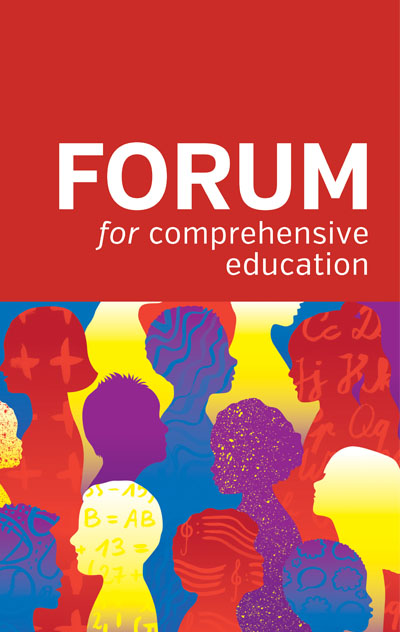
The Politics of Blocking Equality Reforms in Education: a study of organised interests in England, 1965 2010
FORUM - Print ISSN 1474-7685 - Online ISSN 2047-7171
Volume 59 Number 3 (2017)
The Politics of Blocking Equality Reforms in Education: a study of organised interests in England, 1965 2010
SUSANNE WIBORG pages 395‑412
DOI: 10.15730/forum.2017.59.3.395
Abstract
This article investigates how vested interests, particularly the teacher unions, responded to the British Labour government's school reforms designed to increase educational equality. Two significant reforms introduced to this end were Circular 10/65 on comprehensive education and the Learning and Skills Act of 2000 on the City Academies. The circular was intended to put an end to the selective, tripartite school system, and the City Academies were new schools aimed specifically at improving educational standards for low-performing children in socially deprived areas. The teacher unions, particularly the National Union of Teachers (NUT), fought against these reforms. Their objection to the reforms is all the more perplexing considering the fact that the NUT has expressed staunch support for equalising the school system and providing special measures for poor children. The investigation, which utilises political science theories on organised interests in education, education policy research, and primary source materials amassed from the NUT archives, analyses why the teacher unions' objection contradicts their efforts to block educational inequality.
To cite this article
SUSANNE WIBORG (2017) The Politics of Blocking Equality Reforms in Education: a study of organised interests in England, 1965 2010, FORUM, 59(3), 395-412 . https://doi.org/10.15730/forum.2017.59.3.395
